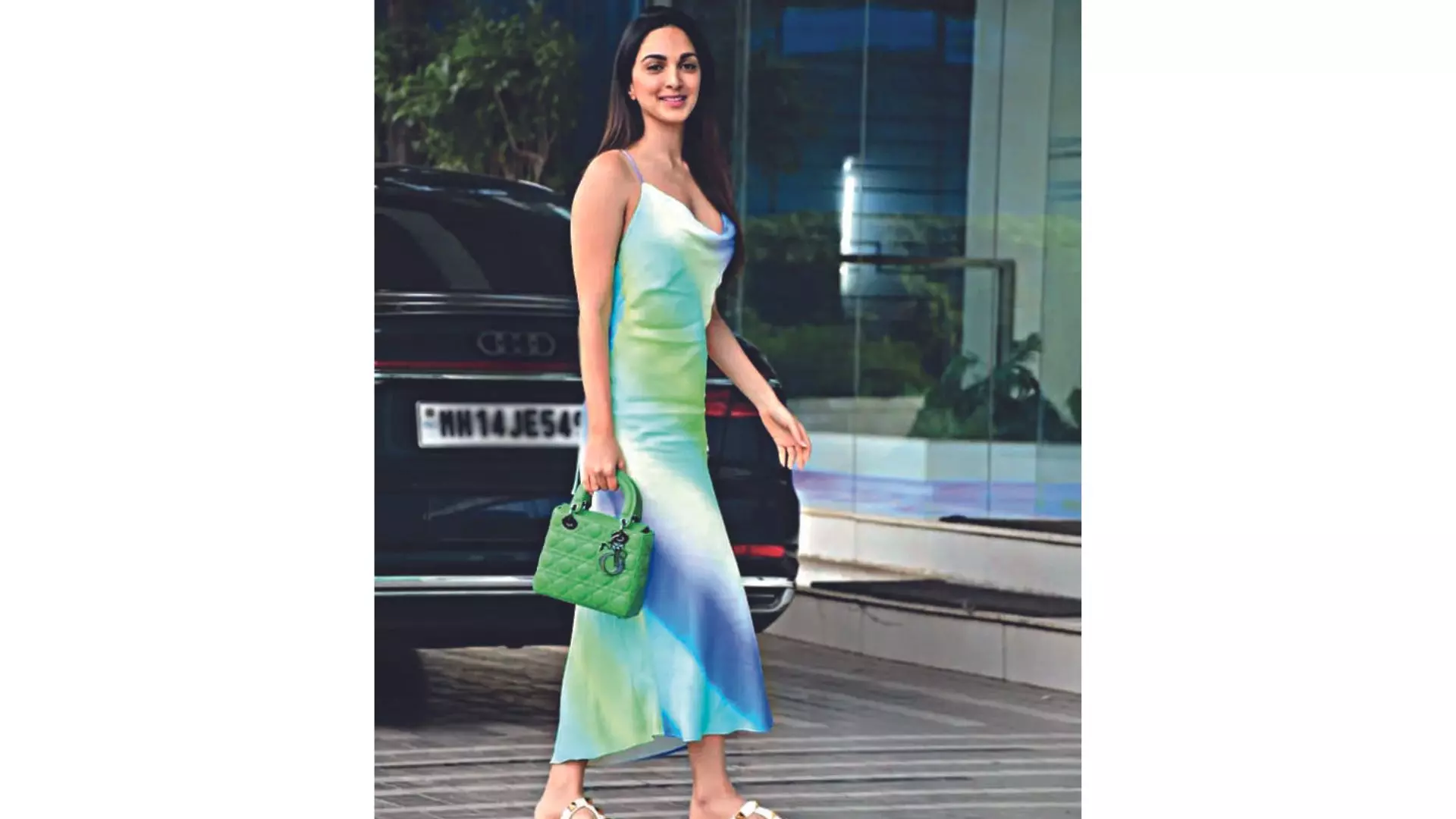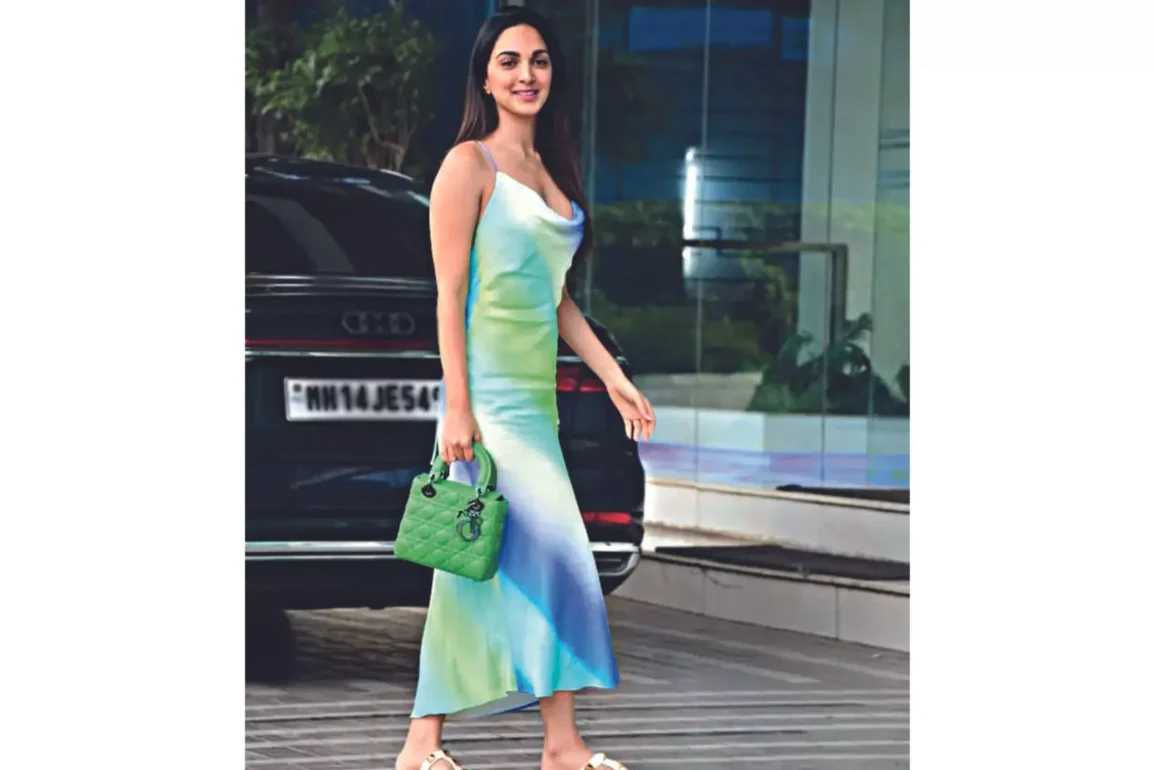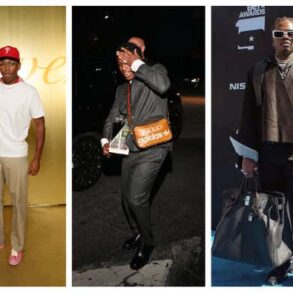
The luxury landscape in India is moving at an unprecedented speed. For many rich folks sporting a luxury bag is a matter of status symbol cum fashion and functionality. However, after the recent Christian Dior and Giorgio Armani bag hidden cost exposé, many are pondering over the dark side of luxe accessories. Investigations by Italian prosecutors revealed that a Dior bag costs just $ 57 (Rs 4,700) to make but was sold at $2800 (Rs 2.50 lakh). While the Armani handbags that cost only 93 euros (Rs 9,000) to make are sold at 250 euros (Rs 1.54 lakh). In many parts of the world, there are even doppelgangers of the originals sitting comfortably in plush fashion stores. Bottom line — there’s a luxe bag for every pocket.
Rudraksh believes these bags serve as a worthwhile investment. “If you’re looking for pure functionality, you can also find fantastic bags at a fraction of the cost.” He does admit that the notion of ‘higher the price, better the quality’ is at play for many consumers, especially in terms of luxury goods. Rudraksh explains, “It’s not always easy for consumers to discern the finer points of quality in materials and construction techniques. So, they might rely on brand reputation.”
Blooming Buzz
The luxury business in India is booming. Several top luxe brands like Dior, Louis Vuitton, Armani, and others have set up stores in India. People flock to buy luxe bags that serve as status symbols. While the price of luxury bags and other items may seem unaffordable to the ‘aam janata’ they are known for their unmatched quality. Rudraksh says, “I appreciate the quality and craftsmanship that goes into luxury bags.” He elaborates on the top-tier materials that seem to flow into the making of such bags, along with meticulous construction techniques. “To be honest, the price tag isn’t always solely about quality.” He speaks of how there is a cachet associated with the very act of ‘owning’ a luxury bag. “It can be a status symbol for some and a personal style for others.”
While these bags do serve as status symbols for many, one might quite naively oversee that these also serve as ‘reference points’ for others. Durga Shakti, an artist from Goa fervently questions the role of status symbols as a whole. Durga ponders and asks, “What is the use of having such status symbols? Those in positions of privilege and power don’t necessarily need such items to assert their power or butcher others. What does this give us as human beings in society?” Durga believes that humans are used to segregating people into ‘different boxes or compartments.’ Durga opines that because of social norms and hierarchy, people do feel a certain kind of pressure to present themselves in a certain way.
Quality vs Brand
While brands may come with their gorgeous appeal, status, a feeling of heightened “belongingness” to a particular legacy and so much more. They certainly needn’t be taken at face value. Despite the growing hype about these luxury brand bags, consumers are on their way towards better enlightenment in terms of awareness. “There’s a growing awareness among consumers, especially younger ones, who are looking beyond labels,” says Rudraksh. Global fashion players are indeed eyeing Indian shoppers with deep pockets, but there are concerns about ‘over-reliance’ on brand names. While brands may offer societal or cultural propositions, it’s time consumers leave certain preconceived notions and have a little sneak peek into the making, craftsmanship, and work practices of brands.
Price & Quality
Renowned fashion designer cum political leader, Shaina NC says, “Sometimes the name becomes so big that maybe you choose to price anything because of the name.” The cost dynamics may be a hindrance for some. However, this gap seems to be withering away with the younger generations coming into the picture. Shaina feels that there is a generational shift today. “The younger generations today are doing pretty well, aspiring to achieve more, as compared to previous times. This in a way, allows them to adapt to newer trends, even at costlier rates,” she says.
But does the price justify the quality? “Whether or not a luxury bag is worth the price depends on an individual’s values,” says Rudraksh Dwivedi, founder and creative director. Perhaps, this also depends on what one prioritizes — quality, heritage, exclusivity, or brand legacy.
Sometimes the name becomes so big that maybe you choose to price anything because of the name.” — Shaina NC, fashion designer & politician
I appreciate the quality and craftsmanship that goes into luxury bags.” He elaborates on the top-tier materials that seem to flow into the making of such bags, along with meticulous construction techniques. “To be honest, the price tag isn’t always solely about quality.” He speaks of how there is a cachet associated with the very act of ‘owning’ a luxury bag. “It can be a status symbol for some and a personal style for others.” — Rudraksh Dwivedi, founder & creative director
What is the use of having such status symbols? Those in positions of privilege and power don’t necessarily need such items to assert their power or butcher others. What does this give us as human beings in society?” — Durga Shakti, an artist from Goa
This post was originally published on this site be sure to check out more of their content.






